Pope Francis: Reformist pontiff who redefined traditional papacy
First Jesuit pontiff recognised as advocate of reform, social justice within Catholic Church died at age of 88
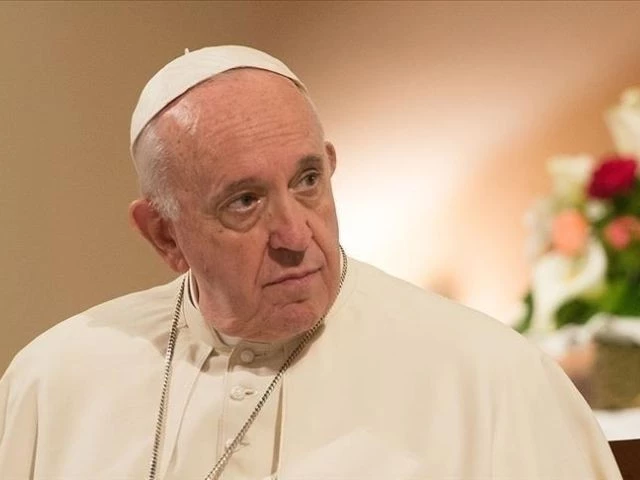
Pope Francis, the first Jesuit and Latin American pontiff, and a widely recognised advocate of reform and social justice within the Catholic Church, died on Monday at the age of 88 following a prolonged respiratory illness, according to the Vatican.
Here is an overview of his early life and rise within the Church, major contributions, and lasting legacy.
A historic and unprecedented papacy
Elected in March 2013, Jorge Mario Bergoglio broke centuries of tradition by becoming the first non-European pope in over 1,200 years.
Hailing from Argentina and representing the Jesuit order, he brought a fresh perspective to the Vatican at a time of institutional stagnation and crisis.
His decision to take the name Francis, in honor of St. Francis of Assisi — a symbol of humility and care for the poor — set the tone for a papacy rooted in simplicity and compassion.
A champion of reform and simplicity
From the outset, Pope Francis eschewed many of the traditional trappings of the papacy. He chose to live in a guesthouse instead of the opulent Apostolic Palace and often traveled in modest vehicles rather than luxury cars.
One of his major priorities was reforming the Vatican's internal governance. He acted swiftly to combat financial corruption, introduced greater transparency in the Vatican Bank, and restructured the Roman Curia — the central administrative body of the Church.
Addressing the church’s deepest wounds
Among the most pressing challenges of his papacy was the global child sex abuse crisis within the Church.
Francis created a special Vatican commission to address abuse cases and took steps to remove clergy accused of misconduct or cover-ups.
However, critics argued his response was sometimes slow or lacked decisive follow-through.
Despite this, his commitment to justice for victims marked a significant step forward compared to previous papacies.
Global voice on justice and inclusion
Pope Francis emerged as a prominent global figure on key social issues.
He repeatedly denounced economic inequality, calling unregulated capitalism a system that "kills" the poor.
He spoke forcefully about the urgency of climate change and urged world leaders to act, often aligning with scientific consensus in ways that resonated beyond religious circles.
He was also outspoken on the rights of migrants and refugees, comparing their treatment in some detention centers to “concentration camps,” which sparked intense debate globally.
Balancing tradition and progress
Though often labeled progressive, Pope Francis held firm on core Catholic teachings.
He did not support changes to the Church's positions on abortion, same-sex marriage, or women’s ordination — positions that drew disappointment from some reformists but underscored his commitment to preserving doctrinal continuity.
Nevertheless, his appointments of more progressive cardinals and bishops, and his sidelining of staunch traditionalists indicated a clear shift in the Church’s internal culture.
Life rooted in humility and struggle
Born on Dec 17, 1936, Francis grew up in Buenos Aires, the son of Italian immigrants.
As a young man, he overcame a serious lung infection, which left him with only one functional lung. Before entering the priesthood, he worked various jobs — including as a nightclub bouncer and janitor — and studied chemistry and theology.
He was ordained as a Jesuit priest in 1969 and later became the Archbishop of Buenos Aires in 1998. Known for his hands-on ministry, he frequently rode public transport and ministered directly to the poor.
Controversial past and calls for accountability
Francis's role during Argentina’s military dictatorship in the 1970s raised questions. Some accused him of not doing enough to protect kidnapped priests or aid the families of the disappeared.
However, many human rights defenders later defended him, including Nobel laureate Adolfo Pérez Esquivel, who stated there was no evidence of wrongdoing.
As the Pope, Francis made efforts to confront this history, ordering the opening of Church archives to families of victims and initiating the beatification of priests murdered by the regime.
A legacy of transformation
Throughout his 12-year papacy, Pope Francis reshaped the image of the Catholic Church — from one of rigid hierarchy to a more approachable, socially engaged institution.
While admired for his compassion and sense of duty to the world’s marginalized, he also faced deep resistance from conservatives uneasy with his vision for change.
His papacy leaves behind a complex but powerful legacy — one that has redefined what it means to lead the world’s largest Christian denomination in the modern era.





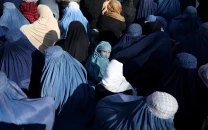
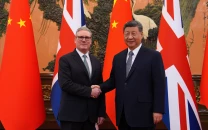
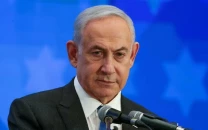
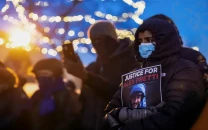
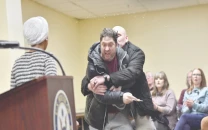
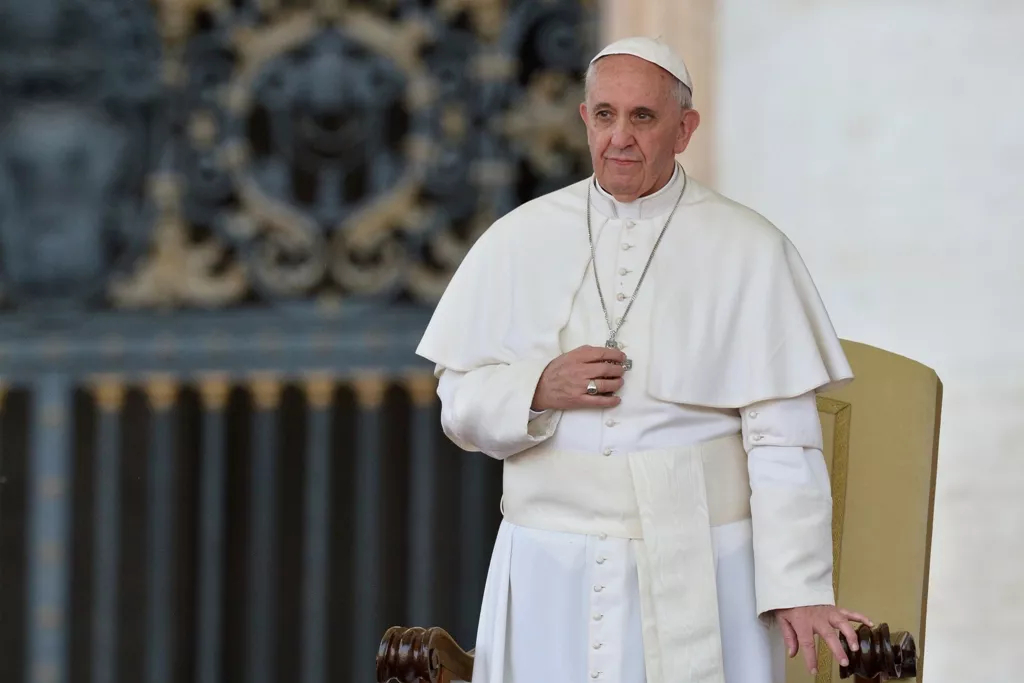












COMMENTS
Comments are moderated and generally will be posted if they are on-topic and not abusive.
For more information, please see our Comments FAQ